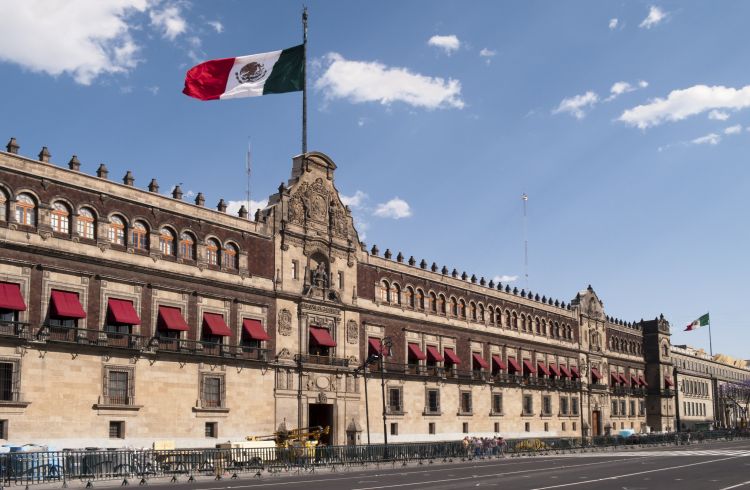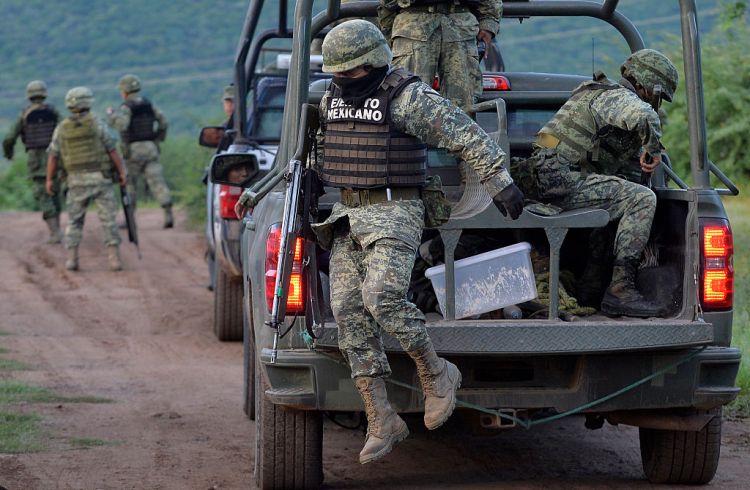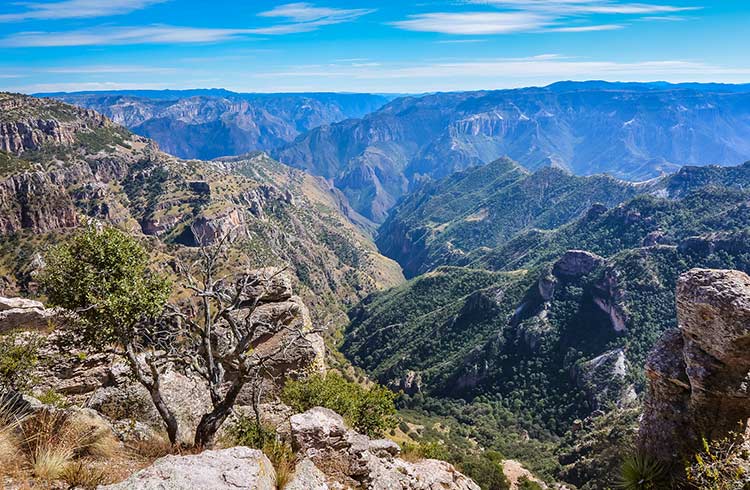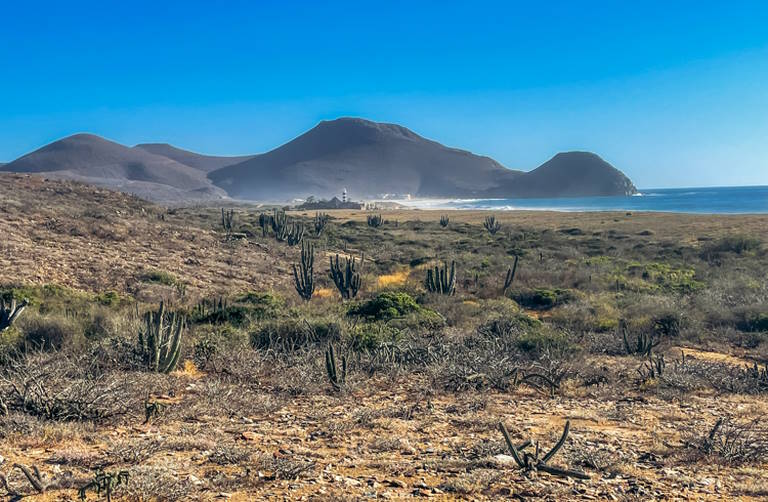Mexican Drug Laws Safe Travelers Need to Know About
Traveling to Mexico? Here's what you need to know about local laws, illegal activities, and staying out of trouble in Mexico.
 Photo © GettyImages/stockcam
Photo © GettyImages/stockcam
Traveling to Mexico? Here's what you need to know about the local laws and how to stay on the right side of them. Foreign nationals who commit illegal acts under Mexican law have no special privileges and are subject to full prosecution under the Mexican judicial system.
Car rental laws
First, to rent a car in Mexico you’ll need either an International Driving License or a valid driver’s license in a language that uses the Roman alphabet (this one).
To legally drive in Mexico, you’ll need to buy Mexican personal liability insurance. Some rental companies will lean on you to purchase it from them, which is illegal, but the most you can do is argue with them – they’re not obliged to do business with you. Some US credit cards offer their cardholders free collision damage waiver car rental insurance, but most Mexican car rental agencies won’t honor it.
If you’re involved in a serious accident, wait for the police to come and have your insurance ready. But for minor fender-benders, Mexicans usually settle up in cash by the side of the road. If it’s your fault, offer a few hundred pesos (unless you have full coverage, you’ll have to pay for it later); and if it’s not, it’s up to you if you want to ask for money or call your insurance company.
In remote areas, be aware that you may come across unofficial roadblocks, even on main roads, manned by locals seeking toll money. Use the official cuota – toll – roads where possible.
As far as the driving culture goes, passing is the most important thing to get your head around. Drive on the right and pass on the left, but on many one-lane highways in Mexico, especially on the newer toll roads, there’s a wide shoulder on either side divided by a broken white line. When someone wants to pass you, drive about halfway onto the shoulder to let them get by.
Alcohol consumption laws
The legal drinking age is 18 in Mexico, and while passengers of the requisite age aren’t prohibited from drinking inside a vehicle, it’s illegal to drink in the street, and visitors can be fined or jailed for public inebriation.
Driving while drunk in Mexico is, of course, a criminal offense. And Mexican authorities employ DUI checkpoints to enforce the law. Rental cars carrying foreigners around party-hearty tourist spots are often pulled over.
When a car is stopped at a checkpoint, the driver is breathalyzed. If they fail the test – if their BAC (blood alcohol concentration) is over .08 in most states, but over just half that in Aguascalientes, Chiapas, Estado de México (including Mexico City), Hidalgo, Jalisco, Michoacán, Tamaulipas and Veracruz – they may do up to 36 hours in jail, be fined up to USD $2,500, and denied future entry into the country if they’re found to have had a drunk driving conviction in the past 10 years.
The government likes to keep things “tranquilo” in the run-up to elections and referenda, both state and federal. Where it is implemented, ley seca, or dry law (which, until 2007, was enforced at a national level – the authorities of each state now determine whether or not to apply it) bans alcohol sales for up to 48 hours, the day before elections and throughout election day. Very occasionally the law has been brought in to ensure calm during religious holidays.
Drugs in Mexico
Trafficking proscribed drugs and possession beyond the legal amounts set out for personal use are federal offenses, and convicted offenders, for whom bail is not an option, face jail sentences of up to 25 years. It’s not uncommon for foreigners charged with drug offenses to be detained for up to two years before a verdict is reached.
In 2009, the Mexican government adopted legislation decriminalizing possession of small amounts of drugs for "personal and immediate use” – defined as up to half a gram of cocaine, five grams of marijuana, 50 milligrams of heroin, 40 milligrams of methamphetamine and 0.015 milligrams of LSD.
If you need to take prescription drugs while in Mexico, ensure you have the necessary paperwork (a doctor’s letter or prescription), but note that some drugs that are legal in your home country may not be in Mexico, and you may be subject to arrest for arriving in the country with a controlled substance. Over-the-counter medicines that contain stimulants, such as codeine and pseudoephedrine, which is in Actifed, Sudafed and Vicks inhalers, are prohibited.
LGBTQ+ laws in Mexico
As of 2022, 19 out of 32 states have approved a law that allows any person to change their legal documents to align with their chosen name and gender identity; and a bill to ban the pseudoscientific practice of conversion therapy, with punishments of up to 12 years imprisonment for anyone practicing or promoting it, was passed by the Mexican Senate in October.
However, political protection and social convention are different things. Public policy in Mexico is heterogeneous, in the sense that, despite rulings from the nation’s Supreme Court of Justice mandating equal legal, social, and political recognition of gender and sexual minorities, many states and entities do not create laws to this end. The enforcement of a binary sex model continues to pathologize transgender people and expose them to stigma and violence – data collected in 2017 for the Global Attitudes Toward Transgender People survey revealed the country is second only to Brazil in the number of known homicides against transgender people worldwide. To find out more, check out our article from our LGBTQ+ expert, Ed Salvato.
What is a mordida?
If you hire a car, do yourself a favor and avoid speeding, running a red light, using a cell phone or any other traffic offense or the local police will pull you over and give you a ticket. Always remain calm and respectful. If you are given a fine, ask the officer to take you to the local police station to pay for it legally. However, you may be asked for a mordida, in other words, a bribe – mordidas literally means “bites”.
Police corruption remains a concern. Reliable figures are hard to come by, but uniformed officers still invite tourists to bribe their way out of trumped-up charges. These bribes are best dealt with calmly. Ask for identification, and be seen to note down the officer’s name, badge and patrol car numbers.
Related articles
Simple and flexible travel insurance
You can buy at home or while traveling, and claim online from anywhere in the world. With 150+ adventure activities covered and 24/7 emergency assistance.
Get a quote


